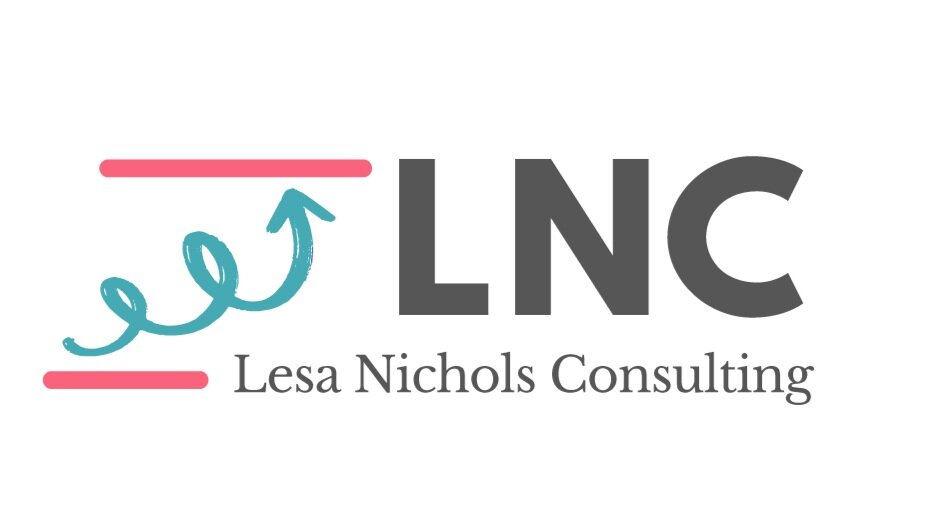"Which Do You Prefer, Coach?"
/ This week I was working at a client site with a newly formed team of future coaches. This was the second meeting in a series of several aimed at developing coaching skills and TPS know-how.
This week I was working at a client site with a newly formed team of future coaches. This was the second meeting in a series of several aimed at developing coaching skills and TPS know-how.
During a break in the action on our first day, I sat quietly with a member of the team named Kevin, enjoying a companionable silence. I was taking a few moments to clear my head so I could direct our “learn by doing” efforts without allowing head-based learning to idle our hands.
When Kevin spoke, I wasn’t surprised to hear his voice but rather, his words were startling. His question was simple - what did I preferred to be called; a teacher, trainer or maybe something else. I responded that I saw myself as more of a coach. I didn’t have to explain much more before I noticed a light of recognition in his eyes. He quickly shared that my answer made a lot of sense to him. He pointed out that I was working with them at the worksite so that they could become coaches too.
He then asked if I had a preference for working with people new to TPS or fairly seasoned. I replied that the “seasoned learners” were a bit easier because they already had pretty strong ideas about TPS and would challenge me sooner. I explained that in my experience this speeds up the learning process. He nodded and at that moment the other team members started gathering around us. The moment was lost.
Later, when I had taken some time to think about my response, I was disappointed because I hadn’t considered why he might have asked that second question. I guessed that I might have accidentally taken him from being highly motivated to questioning why he had been selected to become a coach-- given that he was new to TPS.
The next day I revisited the conversation with him and concluded that while he might be trying to let me off the hook I had probably put the wrong type of thoughts (self-questioning) in his head. He proved throughout the day though that he was putting it behind him as he asked one good question after the other. As we finished up this leg of the coaching session I realized that his behavior demonstrated exactly what we (the company and I) aimed for in the selection process for the coaches:
- Willingness to keep an open mind so that a 360 degree learning process can continue
- Straight forward communication to resolve potential barriers in newly forming relationships
- Persistence to keep moving even if you periodically question your own effectiveness as a new coach
- Asking questions that illuminate a bright path for speedy self-development
- Posing those same questions in an appropriate setting for good dialogue
- Forgiveness of mistakes without caving in to lower expectations
Of course the list is much longer but, with these basic characteristics, coaching skills can be developed. I hope I modeled other important characteristics to Kevin; like willingness to admit when you are wrong or just not living up to your own expectations.
Regards,
Lesa

